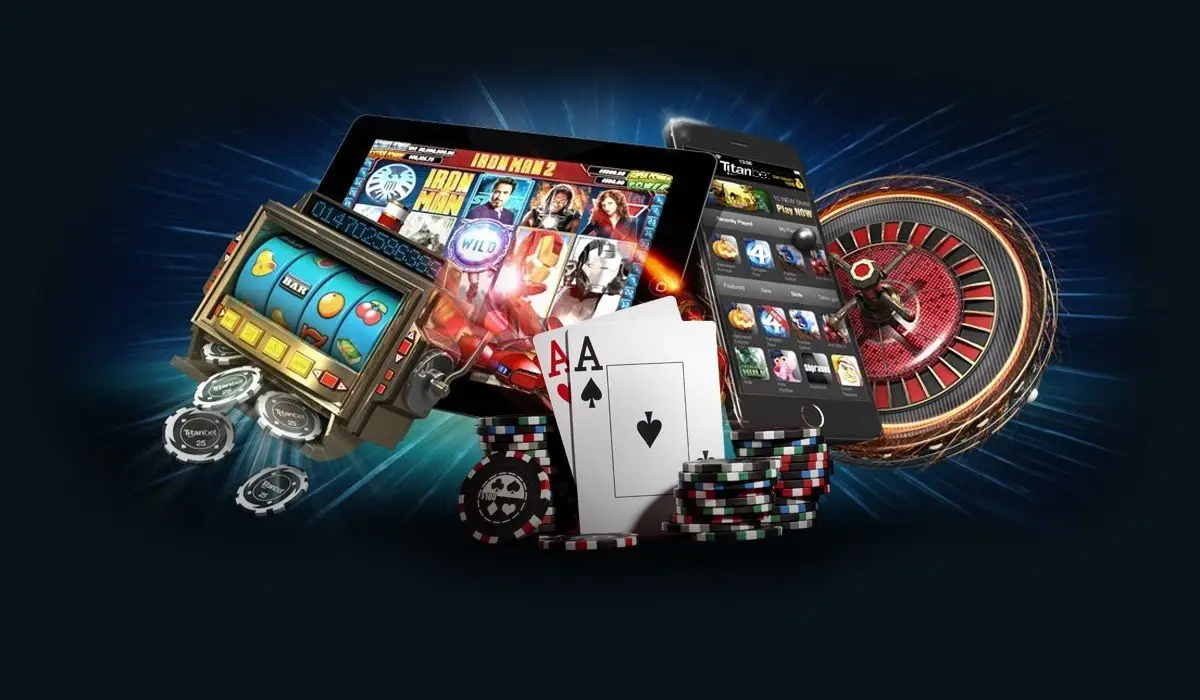Blockchain in online casinos has become not just a technology, but a new system of trust. It eliminates intermediaries, records every bet in smart contracts, and ensures transparency of all actions — from starting the game to withdrawing winnings. Instant transactions, low fees, and protection against data tampering make this technology not just an addition, but the foundation of modern gambling.
Blockchain — the new currency of trust
Blockchain in online casinos is no longer an experiment. It has evolved into a verification method where every step towards winning is permanently recorded. Instead of words, there are lines of code. Instead of promises, there are distributed databases. Players receive not only a bet but also confirmation of every action: from starting a slot machine to withdrawing winnings.

For example, the FunFair platform, using Ethereum, reduces fees to a minimum through smart contracts. The integration of blockchain in online casinos has eliminated the possibility of manipulating random number generators, maintaining full transparency of betting mechanics.
How blockchain works in online casinos
Blockchain in online casinos ensures the recording of every transaction. A smart contract accepts a bet, confirms the outcome of the event, transfers the winnings — automatically, without involving a third party. At the same time, the technology of a distributed network eliminates rollback or data tampering.
Protocols based on Ethereum and Binance Smart Chain allow for cryptocurrency payments, including Bitcoin, without bank intermediaries. This reduces the burden on players — no hidden fees, no delays. The average withdrawal processing time is less than 10 seconds, even under high network load.
Crypto casinos and decentralization: stepping beyond the system
Crypto casinos based on full decentralization provide complete control to users. Platforms like Stake or BC.Game do not require identity verification, preserving anonymity. Access to bets and withdrawals is done through crypto wallets — Metamask, Trust Wallet, Ledger.
Direct interaction with the blockchain ensures that all operations are irreversible, transparent, and traceable. This eliminates the risk of double spending, balance manipulation, or nullification of winnings due to technical reasons. This approach enhances trust and increases conversions by 1.5–2 times, according to CoinJournal data.
Security and regulation: balancing control and freedom
The technology offers an architecture where security is integrated at the protocol level. Every player’s action is recorded in a block, each block is added to a chain that cannot be retroactively altered. Hacking is impossible without simultaneously changing information on thousands of nodes.
However, regulating blockchain casinos requires a new approach. In 2024, Malta and Curacao introduced licenses that consider cryptocurrency transactions and smart contracts. Regulating crypto casinos now includes KYC minimums, automatic AML checks, and tax transparency through APIs.
NFTs in iGaming: betting on digital ownership
NFTs in iGaming transform traditional gaming mechanics. Instead of bonuses, there are unique tokens. Slot machines can generate NFT artifacts that can be sold, transferred, burned, or reused.
Axie Infinity, The Sandbox, Decentral Games already apply NFT logic for bets and in-game assets. The NFT segment in the decentralized technology-based gambling industry exceeded $1.3 billion by the end of 2023, showing an 87% growth in one year. These are not just digital rarities but liquid assets integrated into the gaming mechanics.
Perspectives of blockchain in gambling
Blockchain in online casinos opens up new business models. Transparent bets, smart contracts, and open protocols allow for creating platforms without a centralized operator. The number of cryptocurrency users in the iGaming segment reached 22 million in 2024, according to Chainalysis data.
The main growth drivers:
- increase in mobile bets on blockchain platforms (by 74% in a year);
- reduction of fees by 3 times through transitioning to L2 solutions (Polygon, Arbitrum);
- increase in the share of cryptocurrency payments in gambling to 38% (including Bitcoin and Ethereum);
- integration of blockchain casinos into metaverses.
Each factor strengthens the technology’s impact on the market and shapes a sustainable growth trajectory. The technology no longer depends on external infrastructure and creates its own ecosystem with flexible architecture.
Benefits of blockchain online casinos
Blockchain in online casinos is no longer an experiment but a fully functional tool with clear efficiency metrics. Instead of theory, there are concrete numbers verified in practice.
How new technologies enhance the efficiency of online casinos:
- Reduced transaction times: on average 7–10 seconds compared to 2–3 days in traditional systems.
- Minimized fees: 0.5% compared to banking fees of 3–6%.
- Elimination of manual involvement in payouts: payouts through smart contracts without intermediaries.
- Increased trust: transparency of operator and player actions publicly recorded.
- Security: encryption, distributed nodes, impossibility of data tampering.
- Anonymity: ability to place bets without revealing identity through crypto wallets.
- Flexibility: quick integration of new features (NFTs, tokens, multicurrency).
Each of these advantages creates not abstract benefits but concrete business value. It is not an alternative but a new standard for the digital economy of gambling.
The future of blockchain casinos
The future of digital casinos is based not on names but on the technologies they operate on. Bets transition into code, interfaces become modular, and players gain the ability to influence platform architecture. DAO governance, tokenized shares, voting for updates — standard for next-generation projects.
Examples: the Edgeless project uses its token EDG to manage the payout pool. Casinos on Solana implement instant payouts with 0% commission. The Decentraland metaverse has already integrated slot machines operating through smart contracts.

Blockchain in online casinos: conclusions
Blockchain in online casinos has evolved from a trendy experiment into the foundation of the industry. It builds trust not on promises but on verifiable actions. It provides not just an interface but mechanics, not an illusion of security but encrypted reality.
It is at this intersection that decentralization meets money, bets meet transparency, and technologies meet new meanings.
 en
en  de
de  ar
ar  es
es  hi
hi  fr
fr  nl
nl  it
it  pt
pt  el
el 









